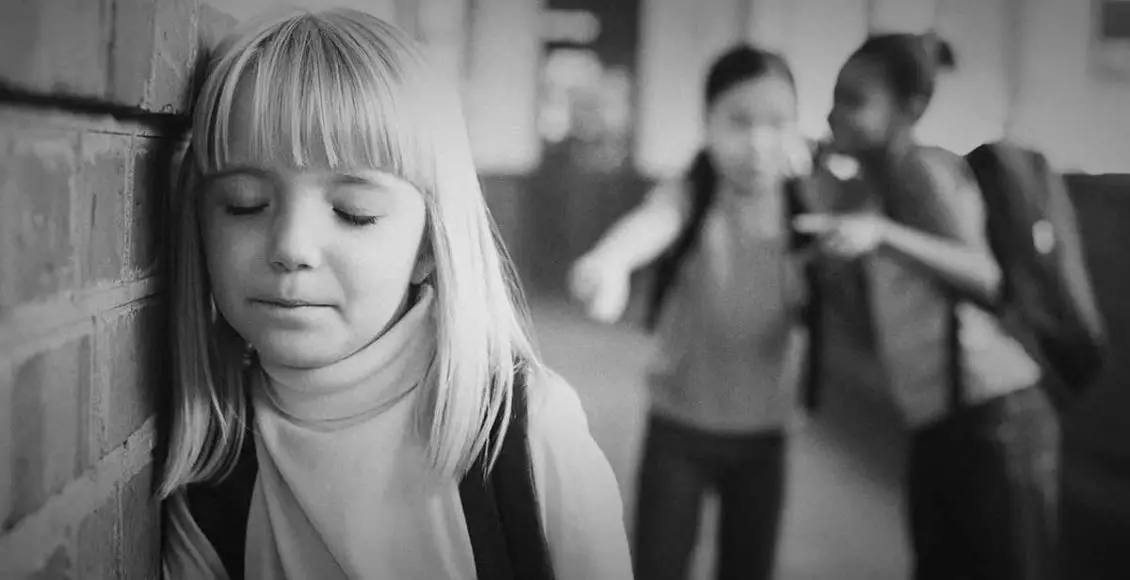What Makes People Bully? The Psychological and Scientific Reasons Behind Bullying

Recent research has found that 1 in 2 people experience bullying at some stage before their 20th birthday.
In this article, we will explore the reasons why people bully by using the latest scientific research and psychology, the effects it can have on us, and we’ll explore some of the controversial (but positive) effects of bullying.
Most frequently, bullies are looking to gain a sense of power, purpose, and control over you. The simplest way of doing this is to focus on something unique about you and create a new insecurity with the intent to hurt you either physically or emotionally.
We, as the people experiencing bullying, as a result, become self-critical. We want to understand the reasons why we are being targeted and start putting the blame on ourselves. We then try to change or hide that particular character in order to escape the bullying. We dye our hair, we change our clothes, we cover up our bodies like they’re something to be ashamed of.
When bullying starts affecting our physical behavior and the way in which we look at ourselves, it can impact both our physical and mental health.
Reasons why people bully
In the 2016 Annual Bullying Survey, over a third of bullies said that they don’t spend much time around their parents. A similar number said that there were arguments at home every day.
Others mentioned having stressful experiences like a family fallout or the death of a pet.
Charity Ditch the Label surveyed 8,850 people aged 12 to 29 years old. 14% said they had bullied.
The results suggest that people who have experienced bullying are almost twice as likely to become bullies themselves.
Bullying and the brain
The ‘Anterior Cingulate Gyrus’ is the part of the brain responsible for two important bully-related functions. First, it triggers our fear response. For example, if a child is pushed on the playground and feeling threatened this part of the brain goes into hyper-drive – either calming them down or alerting their fight or flight adrenaline responders.
Second, it plays a major role in our capacity for empathy. This makes it crucial in a bullying situation to try to either understand where your bully is coming from or to learn social guidelines and boundaries.
We need to take into account that the areas of the brain initiating empathy are different in teens today. A study led by Sara H. Konrath, Institute of Social Research, of about 13,000 college students, concluded that young people today, compared to students in the 1970’s are 40% lower in empathy!
Some of the effects bullying has on the brain
1. As a result of continued bullying, the above-mentioned areas of the brain do not develop and function properly.
Consequently, teens can become more anxious, impulsive, and aggressive.
2. Researcher Martin Teicher found that the corpus callosums of children who have suffered child abuse are on average 40% smaller.
This can lead to manic mood shifts, trouble with social intelligence, and makes it more difficult for teens to respond to what is happening around them.
3. Other studies have shown that there is a decrease in blood flow to the brain’s cerebellar vermis which can cause impairment.
Reduced blood flow in this area can mean depression, irritability and impaired attention in teens.
4. What many victims of bullying in school describe as permanent stress, causes higher release levels of norepinephrine.
Under stress, this could lead to permanent anxiety and the inability to think in a clear way.
Are there any positive effects of bullying?
Although this might seem a bit controversial, there are some positive effects of bullying. But, of course, the negatives outweigh them.
Being a victim of bullies can help children learn how to manage disputes and boost their ability for social interaction, it was claimed.
Associate lecturer in child development at the Open University, Helene Guldberg, said: “Bullying has become one of those taboo issues that many believe one just shouldn’t question. The notion that children can be damaged for life as a result of insults hurled at them by their fellow pupils has become accepted as common sense. As a result, the raft of behavioral codes that now regulate playground behavior, and the increasingly interventionist role of adults in children’s disputes, is seen as a necessary and humane development that should not be questioned.
Sadly there are not enough academics that are prepared to tackle controversial issues and question current orthodoxy.”
“If we treat children as if they cannot possibly cope with hurtful experiences, then we will likely undermine their confidence and make them less likely to cope with difficult events in the future. In effect, we will prevent them from growing up.”, Guttenberg wrote for Spiked
Children are encouraged to assume their relationships with other children are damaging, and tacitly encouraged to look upon their peers with trepidation and suspicion.”, she added.
The comments echo concerns of teachers who claim that the education system in recent years has been too concentrated on developing children’s social skills at the cost of academic learning.
What are your thoughts on the issues of bullying? Join the conversation in the comment section below and let us know.

